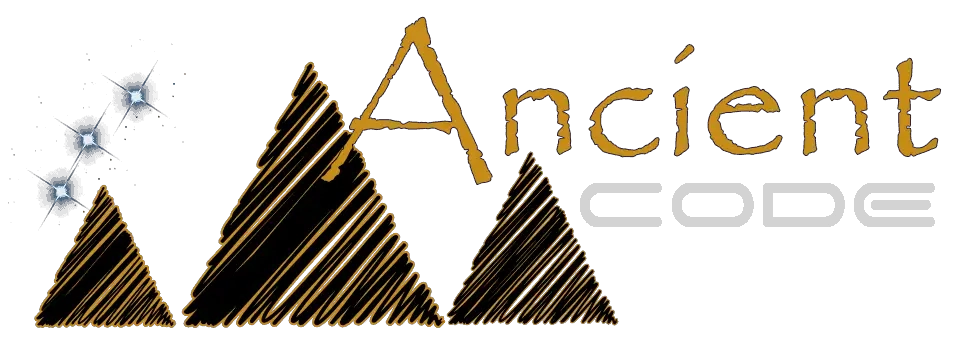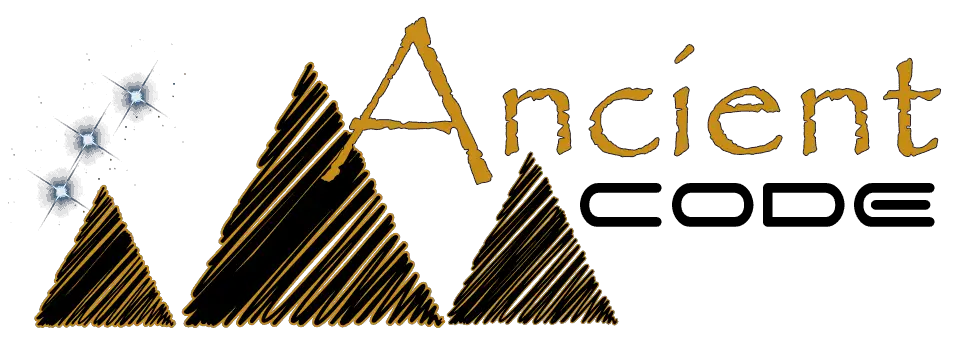Said to have authored the Hermetic Corpus, a series of sacred texts that are the basis of Hermeticism, Hermes Trismegistus is a name shrouded in mystery.
Many authors associate him with the Greek God Hermes, as well as the Egyptian God Thoth. Thoth, for example, was heavily associated with knowledge. In Egyptian mythology, Toth plaid a crucial role in maintaining order in the cosmos. Thoth was heavily associated with magic, writing, and the development of science.
In ancient Greek mythology, Hermes was referred to as the God of Religion and mythology. He was often portrayed as the emissary and messenger of the Gods. Hermes is identified with the Roman god Mercury.
An Egyptian Link
Hermes Trismegistus is often mentioned in occult literature as an Egyptian sage, parallel to the god Toth who created alchemy and developed a system of metaphysical beliefs that are today known as hermeticism.
For a number of medieval thinkers, Hermes Trismegistus was a pagan prophet who announced the advent of Christianity.
Emerald Tablet and Sir Isaac Newton
Alchemy studies have been heavily linked to him, as well as the Emerald Tablet- which has even been translated from Latin into English by Isaac Newton.
This is the translation of the Emerald Tablet by Isaac Newton. It was discovered among his alchemical papers that are currently housed in King’s College Library, Cambridge University.
Tis true without lying, certain & most true.
That which is below is like that which is above & that which is above is like that which is below to do the miracles of one only thing
And as all things have been & arose from one by the mediation of one: so all things have their birth from this one thing by adaptation.
The Sun is its father, the moon its mother, the wind hath carried it in its belly, the earth is its nurse.
The father of all perfection in the whole world is here.
Its force or power is entire if it be converted into earth.
Separate thou the earth from the fire, the subtle from the gross sweetly with great industry.
It ascends from the earth to the heaven & again it descends to the earth & receives the force of things superior & inferior.
By this means you shall have the glory of the whole world
& thereby all obscurity shall fly from you.
Its force is above all force. For it vanquishes every subtle thing & penetrates every solid thing.
So was the world created.
From this are & do come admirable adaptations whereof the means (or process) is here in this. Hence I am called Hermes Trismegist, having the three parts of the philosophy of the whole world
That which I have said of the operation of the Sun is accomplished & ended.
Philosophy is also heavily linked to Hermes Trismegistus.
However, due to the lack of conclusive evidence about its existence, the historical figure has been built fictitiously from the Middle Ages to the present, especially from the resurgence of esotericism.
European alchemists highly regarded the Emerald Tablet as the foundation of their art and its Hermetic tradition.
According to ancient Egyptian beliefs, the gods ruled ancient Egypt before mortal pharaohs. These Gods eventually civilized mortal rules passing their knowledge onto them.
The Egyptian god Thoth was the god of wisdom and the patron of magicians. He was also the guardian and clerk of the records that contained the knowledge of the gods.
Clement of Alexandria estimated that the Egyptians possessed forty-two sacred writings, which contained all the teachings of the Egyptian priests. Clement of Alexandria was a Christian theologian who taught at the Catechetical School of Alexandria.
Hermes Trismegistus was eventually credited with tens of thousands of writings, which were reputed to be of immense antiquity. For example, Plato’s Timaeus and Critias describe that in the temple of Neith at Sais one could find countless secret halls safeguarding historical records which had been kept there for at least 9,000 years.
The Fusion of two Gods
Eventually, Hermes the Greek God, and Thoth the Egyptian counterpart were combined as one, becoming the patron of Astrology and Alchemy.
The Asclepius and the Corpus Hermeticum are the most important of the Hermetica, the surviving writings attributed to Hermes Trismegistus.
Eventually, during the Renaissance, many scholars came to accept that Hermes Trismegistus was a contemporary of Moses. Eventually, this idea vanished after it was found that Hermetic writings were written no earlier than the second or third century AD.
It is also believed by some authors like Sayyid Ahmed Amiruddin that Hermes Trismegistus is the builder of the Pyramids of Giza
Other scholars propose a connection between Hermes Trismegistus. And Prophet Muhammad.
Prophet Muhammad who is believed to have traveled to the heavens on the night of Isra and Mi’raj, may be a direct descendant of Hermes Trismegistus, claim Arab genealogists. Ibn Kathir, a highly influential historian, exegete, and scholar during the Mamluk era in Syria said:
“As for Idris…He is in the genealogical chain of the Prophet Muhammad, except according to one genealogist…Ibn Ishaq says he was the first who wrote with the Pen. There was a span of 380 years between him and the life of Adam. Many of the scholars allege that he was the first to speak about this, and they call him Thrice-Great Hermes [Hermes Trismegistus],” – Ismail ibn Kathir (source).
The Hermetic Corpus
It is commonly believed that the Hermetica are Egyptian-Greek wisdom texts that date back to around the 2nd century AD and even possibly later.
These writings are frequently presented as dialogues in which a teacher, usually identified as Hermes Trismegistus enlightens a disciple. The texts are considered the basis of Hermeticism. They discuss the divine, the cosmos, mind, and nature. Some touch upon alchemy, astrology, and related concepts.



